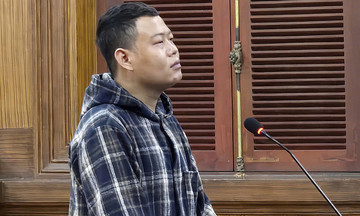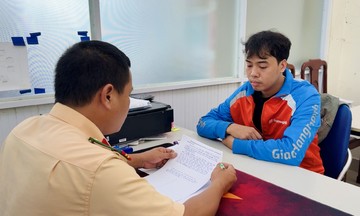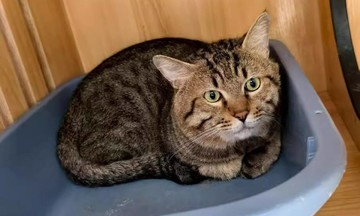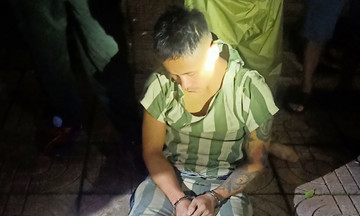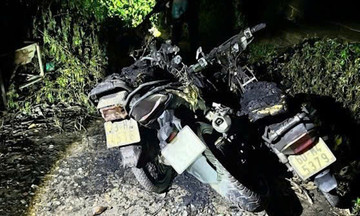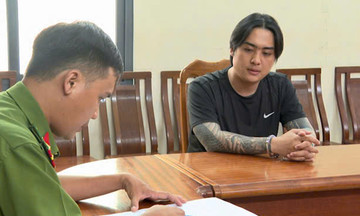Operation Pangea, an annual initiative of Interpol since 2008, targets the online sale of illegal pharmaceuticals. Pangea 17, conducted from 12/2024 to 5/2025, marked a shift from the previous 16 operations, extending its duration to six months instead of one week. The operation resulted in the arrest of 769 suspects and the disruption of 123 criminal groups worldwide, according to an Interpol press release on 25/6.
With 50.4 million doses of counterfeit medicines worth $65 million seized and 123 related criminal gangs apprehended, this operation marks the largest seizure in the campaign's 17-year history.
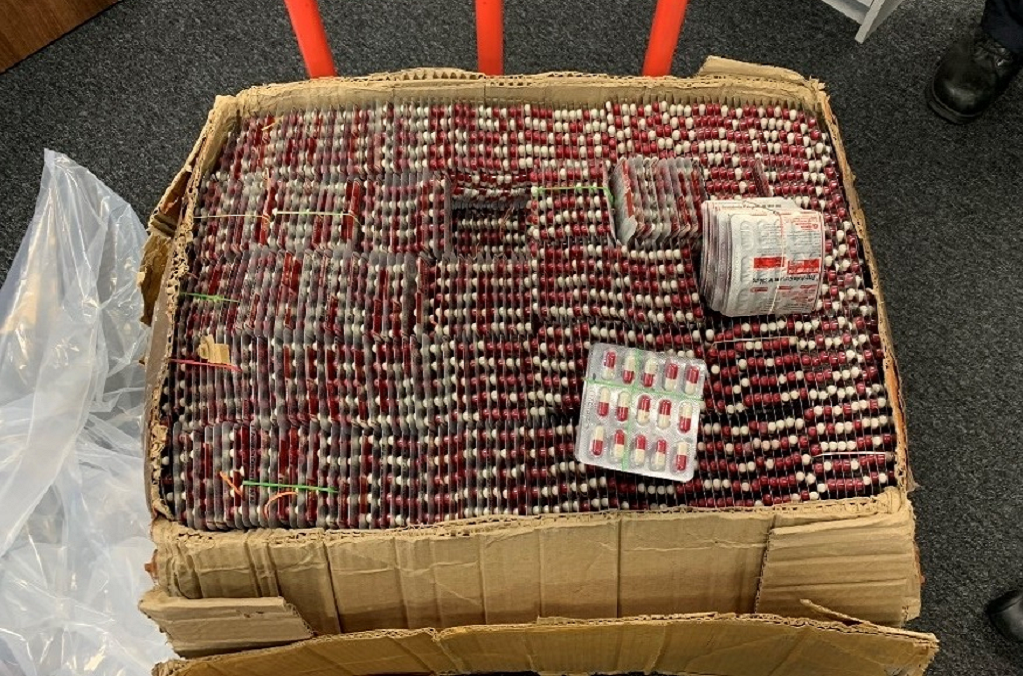 |
Containers of counterfeit medicine seized in Ethiopia. Photo: *Interpol* |
David Caunter, director of Countering Organized and Emerging Crime at Interpol, stated, "The rapid growth of many online platforms has made it easier for these unsafe medicines to reach people, as well as opening up new opportunities for criminal networks to exploit,".
Among the most commonly seized counterfeit pharmaceuticals were anti-anxiety medication, Parkinson's disease treatments, and erectile dysfunction drugs.
Other frequently confiscated products included: anabolic steroids, anti-diabetic medication, smoking cessation aids, dermatological products, dietary supplements, herbal products, and mental health treatments.
93% of the seized pharmaceuticals were unlicensed, while the remaining 7% were counterfeit or mislabeled.
"This is a serious danger to public health. They can contain dangerous or illegal ingredients that can cause serious illness or even death," Caunter said.
13,000 websites and social media accounts promoting counterfeit drugs were shut down.
Australia recorded the highest number of arrests globally, primarily involving psychotropic drugs and erectile dysfunction treatments.
Large seizures of illegal pharmaceuticals were also reported in Canada, Ireland, Malaysia, the Netherlands, Portugal, Spain, Sweden, the United Kingdom, and the US.
Operation Pangea 17 led to the closure of approximately 13,000 websites, social media pages, and channels used by criminals to market and sell illegal or counterfeit drugs.
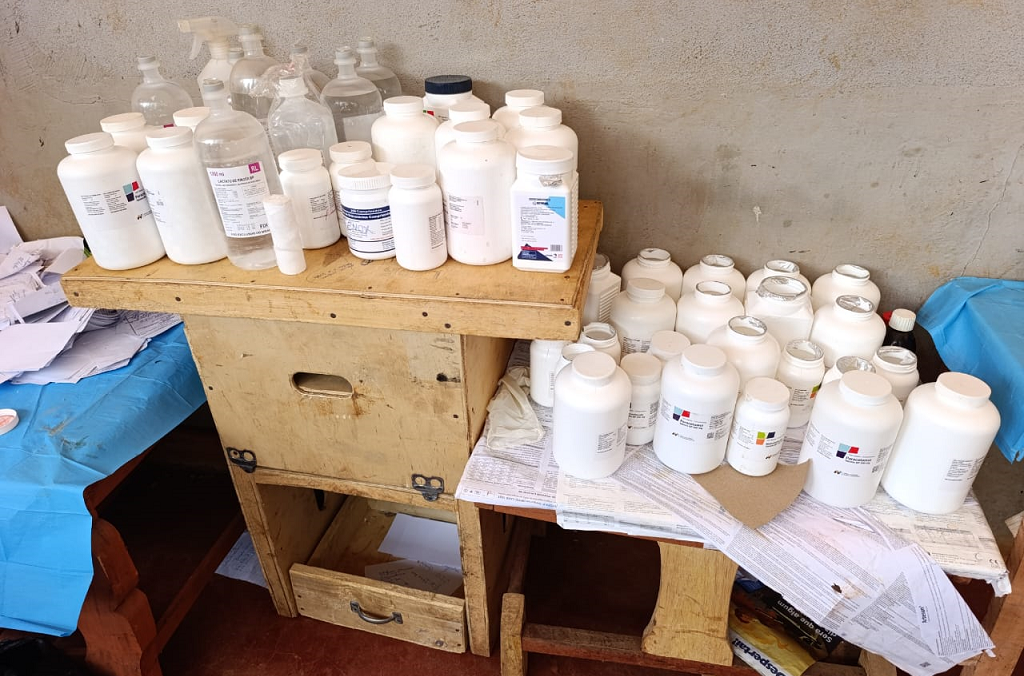 |
Semaglutide pens advertised on social media for "miraculous weight loss." Screenshot. |
Pregabalin, a nerve pain medication used to treat epilepsy and anxiety disorders in adults, was seized in Northern Ireland, UK, despite not being licensed there.
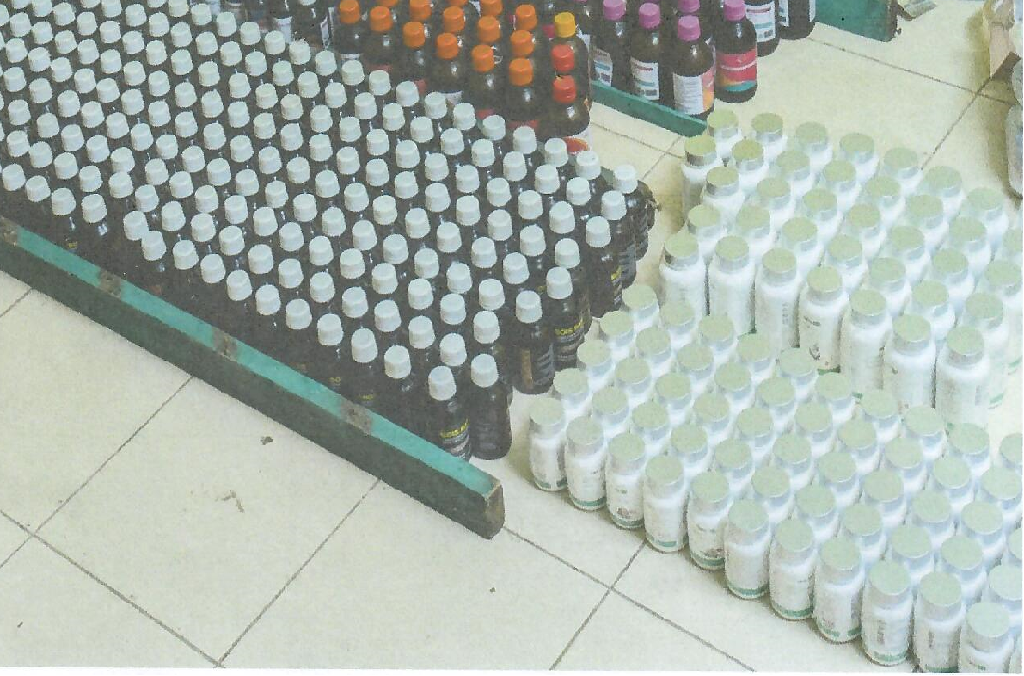 |
Smuggled pharmaceuticals seized at a clinic in Mozambique.
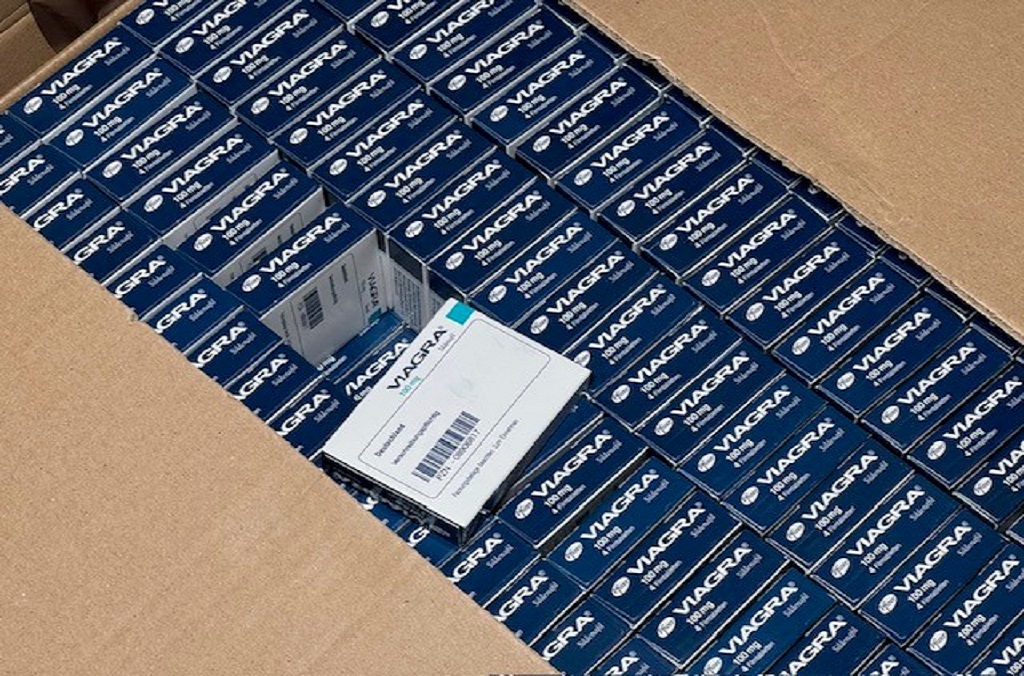 |
Tramadol, a synthetic opioid painkiller of unknown origin, was seized in Gabon.
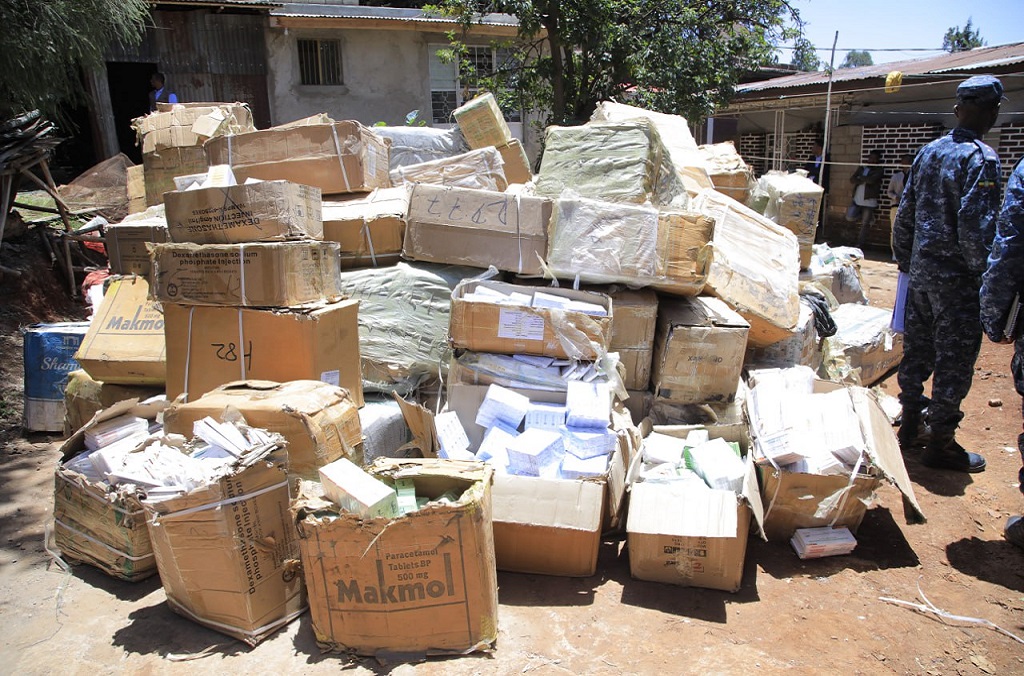 |
Counterfeit erectile dysfunction drugs seized in Bulgaria.
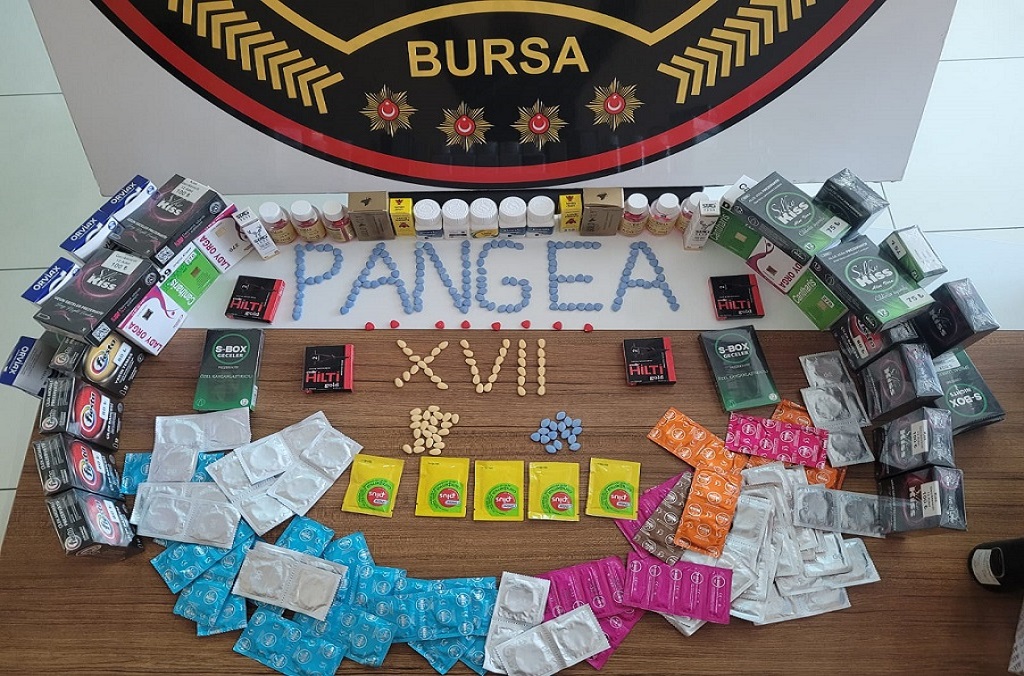 |
Smuggled medicines found in containers in Ethiopia.
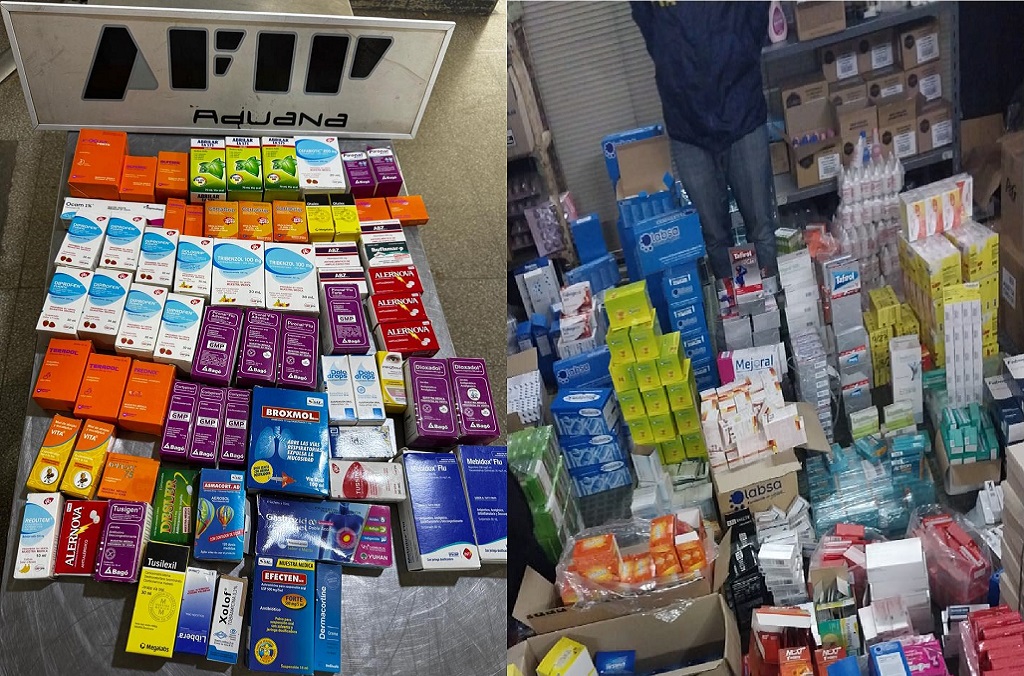 |
Counterfeit pharmaceuticals seized by Turkey.
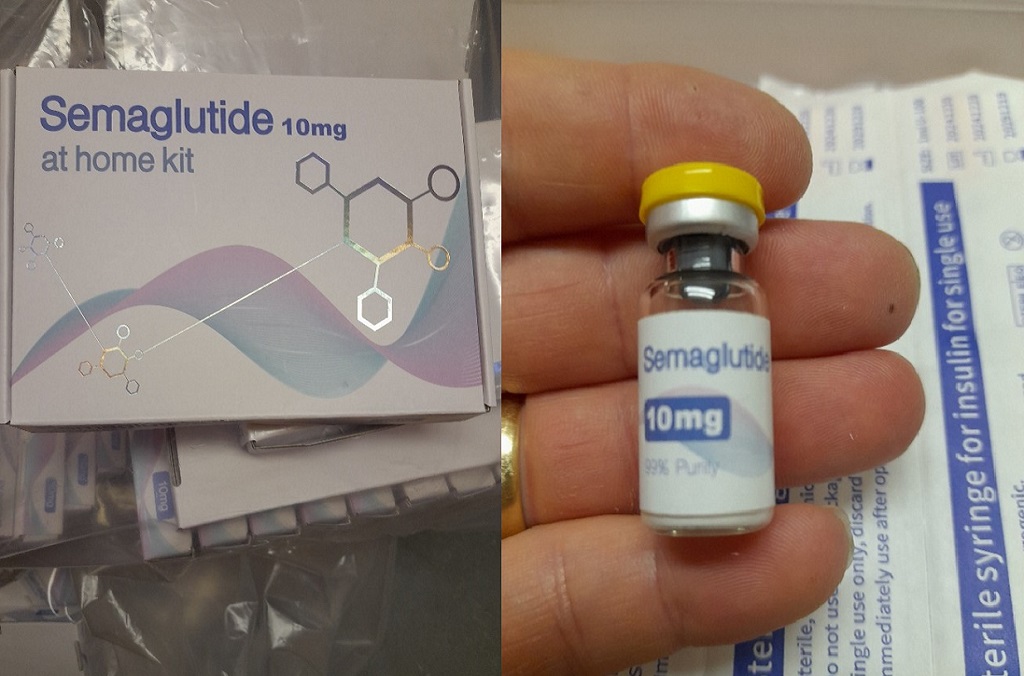 |
Smuggled pharmaceuticals seized in Argentina.
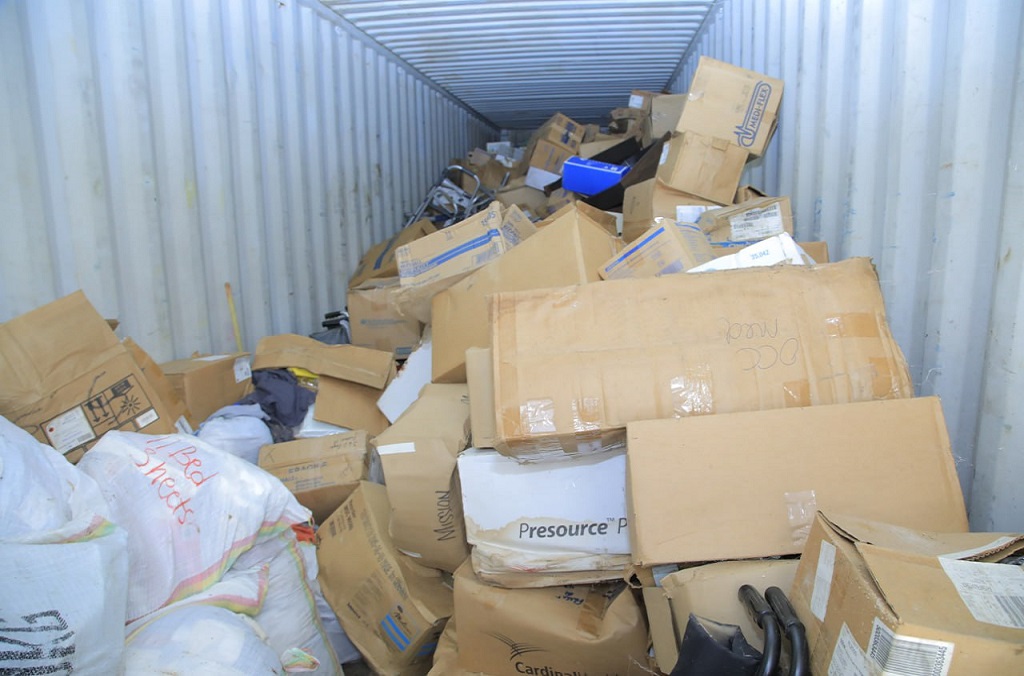 |
Smuggled anti-diabetic medication seized in Northern Ireland, UK.
Malaysia removed the largest number of online listings (7,000), followed by Russia, Ireland, Singapore, and Iran. These five countries accounted for 96% of all removed listings.
In Portugal, authorities discovered anabolic steroids in eight prisons across the country, uncovering evidence of a criminal network trafficking the substance.
Illegal anti-diabetic drugs are spreading globally.
The seizures highlight the growing demand for anti-diabetic medication and peptide supplements, driven by increasing self-medication.
This trend is fueled by the widespread advertising and availability of these drugs on social media and online marketplaces, presenting a lucrative opportunity with relatively low risk for criminal networks selling substandard or counterfeit products.
Data from participating countries reveals a global rise in the circulation of illegal anti-diabetic medication, particularly in the Asia-Pacific, Europe, and North America, due to its off-label use for weight loss.
A semaglutide pen can reportedly be sold for several hundred USD on the secondary market. The pen, containing semaglutide—a GLP-1 receptor agonist—is widely advertised on social media for its "miraculous weight loss" effects without exercise or dieting.
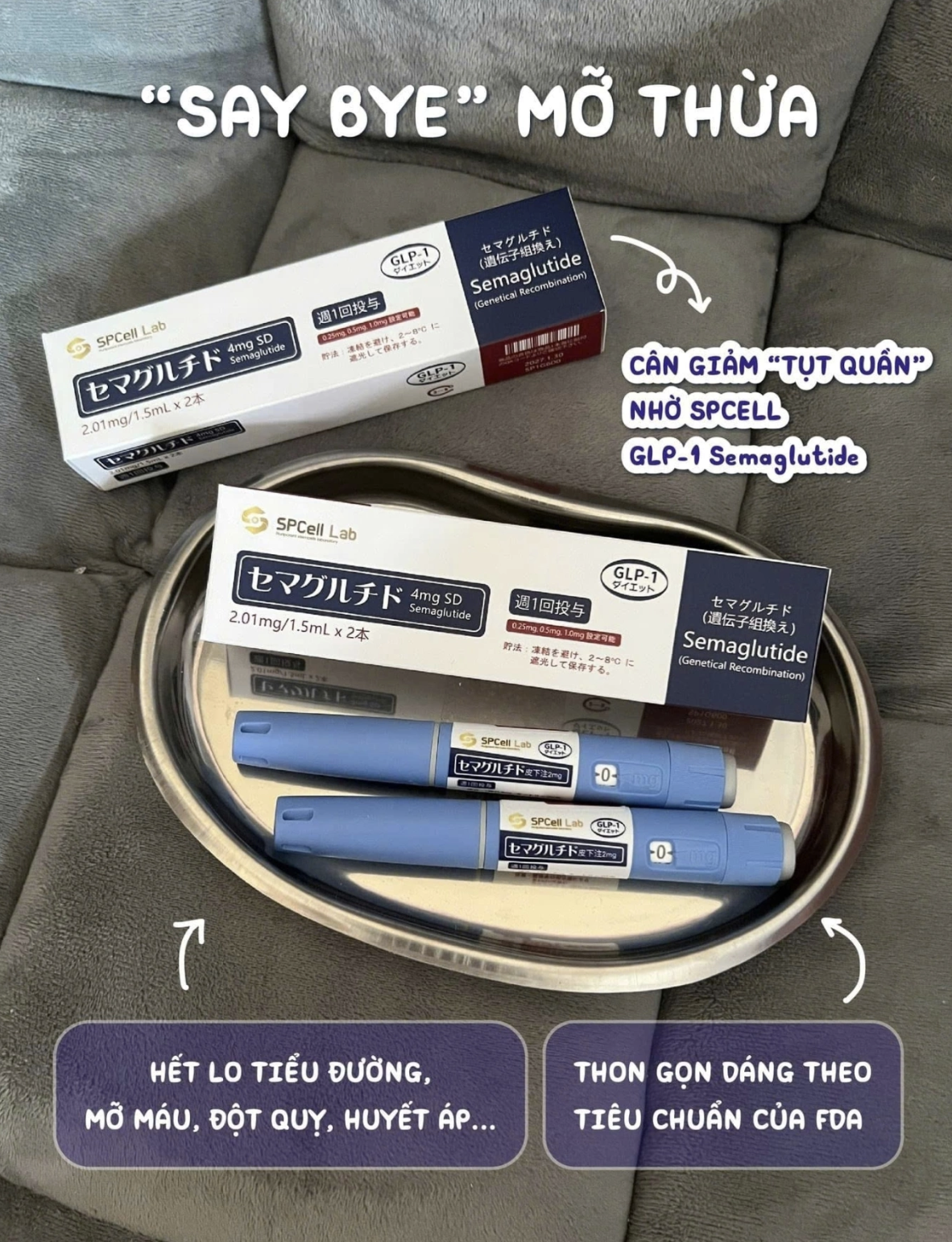 |
These seizures validate recent warnings from the World Health Organization and numerous national health regulatory bodies concerning the emerging risks associated with GLP-1-related injectable medications.
Operation Pangea 17 uncovered another emerging trend: the increasing demand for peptide supplements for cosmetic benefits and performance enhancement, particularly in high-income countries across Europe, North America, and Oceania.
These supplements, such as BPC-157, ipamorelin, and melanotan, remain unapproved in many regions due to potential health risks and the lack of comprehensive human trials. Until recently, seizures of such peptide-based bioactive substances were rare.
Operation Pangea 17 was coordinated with health regulatory authorities from 90 countries and Europol. Additional support was provided by: the International Narcotics Control Board, the Pharmaceutical Security Institute, the Transnational Alliance to Combat Illicit Trade, the United Nations Office on Drugs and Crime, the Universal Postal Union, the World Customs Organization, and the World Health Organization.
The 90 participating countries and territories in Operation Pangea 17 included: Argentina, Armenia, Australia, Austria, Azerbaijan, Bahrain, Belarus, Benin, Bolivia, Bosnia and Herzegovina, Botswana, Brazil, Brunei, Bulgaria, Burkina Faso, Cambodia, Cameroon, Canada, Chile, China, Colombia, Comoros, Congo, Costa Rica, Curacao, Cyprus, Czech Republic, Democratic Republic of the Congo, Denmark, Dominican Republic, Ecuador, Ethiopia, Finland, France, Gabon, Georgia, Greece, Guyana, Hong Kong (China), India, Indonesia, Iran, Iraq, Ireland, Jamaica, Kuwait, Laos, Latvia, Lebanon, Madagascar, Malaysia, Maldives, Mexico, Morocco, Mozambique, Myanmar, Netherlands, New Zealand, Northern Ireland (UK), Niger, Nigeria, Norway, Pakistan, Palestine, Paraguay, Peru, Philippines, Poland, Portugal, Qatar, Republic of San Marino, Romania, Russia, Rwanda, Senegal, Serbia, South Africa, Singapore, Slovakia, Spain, Sri Lanka, St Lucia, Sweden, Thailand, Togo, Türkiye, Ukraine, United Kingdom, US, Uruguay, Venezuela, and Zimbabwe.
Hai Thu (*Interpol*)



